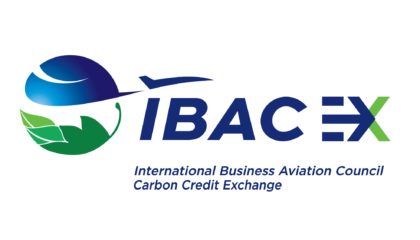
Fit for 55 and public opinion: does the end justify the means?
The European Commission’s “Fit for 55” package published last July includes several proposals which will significantly affect our sector and society in general in the years to come.
The proposals issued by the European Commission will impact not only aviation but also all sectors of the economy relying on energy. An energy that will become more expensive in the years to come as the Europe-wide CO2 price on transport and buildings, raw materials, electricity, gas, fuel, will increase and the cost of living of all.
The COVID-19 crisis is still unfolding, and Europe has become increasingly unequal; many Europeans lost their job or a significant part of their revenues; all governmental and European support schemes implemented since the start of the pandemic, representing billions of Euros, will have a substantial impact on EU Member States public finances for the years and decades to come.
In this context, how to trust President von der Leyen when she claimed in 2019 that the Green Deal would either be working for all and be just, or it will not work at all? How to believe that the promised Just Transition Mechanism will be sufficient to compensate for the inevitable social damages of this necessary transition? How will it be financed? How to believe that a few billion EUR shared every year amongst 27 Member States, and around 450 million inhabitants will do the trick?
Those are questions that Europeans may reasonably ask, and they did through their representatives when the European Commission presented its package after summer. EBAA followed the presentation that was made in front of the Committee for Transport of the European Parliament. The heated debate was somehow the demonstration that the vast majority of MEPs, from all political parties but the greens, while acknowledging the urgency to act, are not ready to sacrifice the most vulnerable and the middle class on the altar of the green transition.
Most of them questioned the Commission about its package lacking profound impact assessments or proposals for viable economic and business models to set up all the new infrastructures needed, whether it’s road, aviation or maritime. Very reasonable MEPs qualified the package as a utopia that will cost everyone and primarily those who can’t afford to pay more; others lamented that the package is suspended in an alternative reality, etc.
Is it suitable for Business aviation? It shows at least that in the near future, we’ll talk to many reasonable MEPs still ready to understand and consider the socio-economic benefits of our sector, which is the first step to be able to advance our arguments and positioning on critical files of the package such as the Energy Tax Directive or ReFuelEU Aviation. Nevertheless, let’s not dream about them granting our industry a blank cheque for the future; our sector will still need to provide guarantees and prove its goodwill to expect any support from key Parliamentarians.
What are the next steps? Debates and discussions are already taking place at the Council. These debates are likely to dominate the European policy agenda for the next two years. EBAA’s lobbying activities will now be focused on sustainability files; the challenges ahead are considerable, especially for our niche market very often finger-pointed as the less sustainable of, the less sustainable means of transport. More than ever, our sector needs to raise its profile as a sector aware of its environmental footprint doing more to reduce it than the others for obvious reasons.




